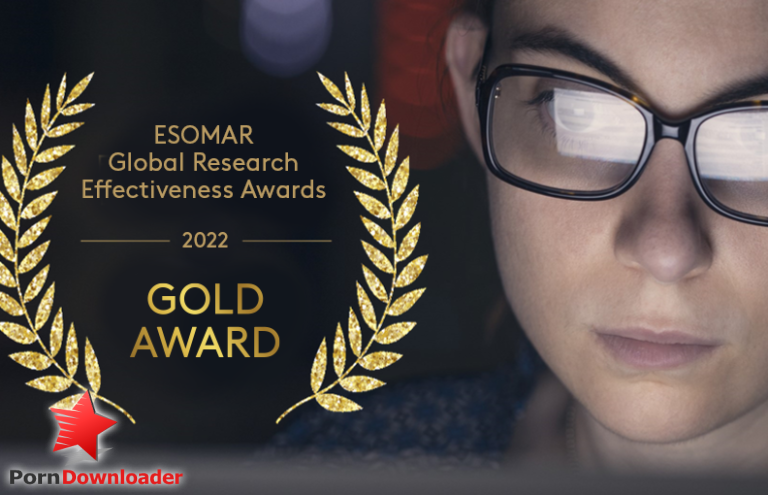In today’s hyper-connected world, the pervasiveness and ease of access to pornography have dramatically increased. Explicit material is now readily available with just a few clicks to individuals of all ages. This accessibility raises important questions regarding the effects of pornography use across different generations. This piece examines the shifting trends and routines related to pornography engagement, while also exploring the possible negative effects and worries linked to it.
A Look at the Landscape
Pornography has existed in various forms throughout history, but consumption has undergone a radical transformation in recent times. The internet has fundamentally changed how individuals interact with explicit material, making it more readily available and discreet. This ease of access has resulted in a growth in the number of people engaging with pornography, spanning various age groups.
Changing Dynamics of Pornography Use
Over the decades, notable shifts in how pornography is consumed have emerged. Here are a few significant changes:
1. Greater Accessibility:
The internet has made pornography readily available to virtually anyone with an internet connection. This accessibility has dissolved the constraints previously imposed by traditional distribution methods, enabling individuals to view explicit content privately from their homes.
2. The Dominance of Online Platforms:
Traditional methods of accessing pornography, such as adult video stores or physical DVDs, have significantly declined with the rise of the internet. Digital platforms, encompassing streaming websites and subscription-based services, have become the primary means of access to explicit content.
3. Variances Among Generations:
While pornography use is not exclusive to any particular age demographic, there are significant differences in engagement patterns across generations. Younger generations, who have grown up in the digital age, tend to have higher exposure to pornography compared to older generations.
Potential Issues and Ramifications
While it is normal for people to explore their sexuality, excessive or problematic pornography use can lead to a range of issues and ramifications:
1. Unrealistic Depictions:
Pornography frequently showcases exaggerated and unrealistic portrayals of sexual encounters. This can foster unrealistic expectations and pressure individuals to conform to these inaccurate ideals, which can lead to dissatisfaction in real-world relationships.
2. Dependence and Addiction:
Pornography can become an addictive habit for some people that can negatively affect their daily existence. They might struggle to manage the impulse to view explicit material, which may lead to reduced productivity, relational challenges, and overall diminished well-being.
3. Psychological Impact:
Heavy consumption of pornography can potentially produce psychological effects, including a decreased sensitivity to sexual stimulation or the creation of harmful attitudes toward sex. It may also worsen body image concerns or a sense of inadequacy.
In Conclusion
Pornography consumption across generations is profoundly shaped by the ever-evolving habits and trends facilitated by technological advancements. The easy availability of explicit content has amplified concerns regarding potential impacts on individuals’ relationships, mental well-being, and general health. While it is crucial to recognize and uphold each individual’s sexual autonomy, it is equally essential to encourage transparent communication, education, and responsible engagement with pornography.
Frequently Asked Questions
1. Is pornography consumption confined to a specific age bracket?
No, individuals across various age groups can engage in pornography consumption, though younger generations typically experience greater exposure due to the internet’s enabling role in providing access to explicit content.
2. Is addiction to pornography a recognized disorder?
While not formally recognized as a distinct condition, problematic pornography use shares characteristics with other behavioral addictions, such as gambling or substance abuse.
3. Can pornography consumption have an impact on real-world relationships?
Problematic levels of pornography consumption may generate unrealistic expectations or dissatisfaction within intimate relationships. Maintaining clear communication and cultivating healthy sexual relationships grounded in mutual consent and trust is essential.
4. Should I worry about occasional pornography consumption?
Viewing pornography sporadically is a personal choice and might not necessarily be a reason for worry. However, if it becomes a frequent or compulsive habit that interferes with other areas of your life, it may warrant reassessment of consumption patterns.
5. What strategies can promote responsible pornography consumption?
Strategies can include setting consumption limits, being mindful of the material’s influence, having honest conversations with partners, and seeking help when consumption becomes problematic.
6. Can pornography consumption impact mental health?
Excessive pornography use may contribute to adverse psychological effects, such as desensitization, low self-esteem, or a distorted view of sex. However, individual experiences and susceptibility to these effects can differ.
7. How can concerns about pornography consumption be discussed with a partner?
Open and honest communication is paramount when addressing concerns about pornography consumption with a partner. It is important to approach such discussions with empathy, respect, and a commitment to understanding each other’s viewpoints.
8. Are there age restrictions on accessing pornography online?
Numerous nations have implemented restrictions to prevent minors from accessing explicit content online. However, the effectiveness of such regulations can vary. Ultimately, caregivers have a responsibility to oversee and advise young people on responsible internet usage.
9. Can pornography consumption lead to erectile dysfunction?
Links exist between heavy pornography use and the occurrence of erectile dysfunction in some people. However, considering individual factors and seeking consultation with a medical expert is essential for proper diagnoses and guidance.
10. Where can someone seek assistance if they feel their pornography consumption is problematic?
If an individual feels their pornography use is becoming problematic or is disrupting their daily life, seeking assistance from a mental health expert or therapist specializing in sexual-related concerns can be advantageous.


